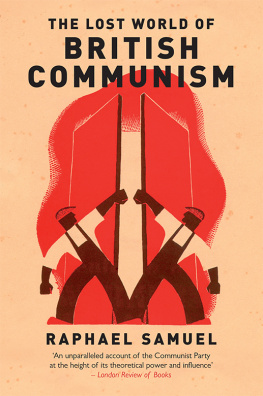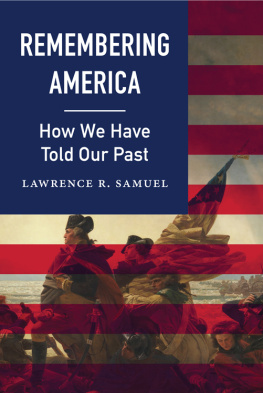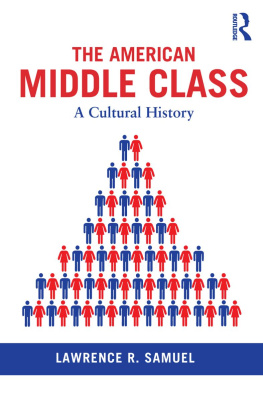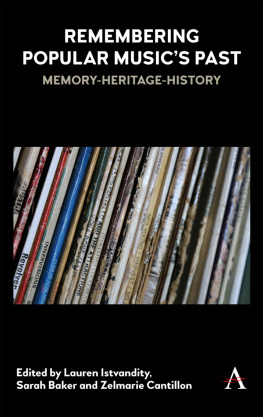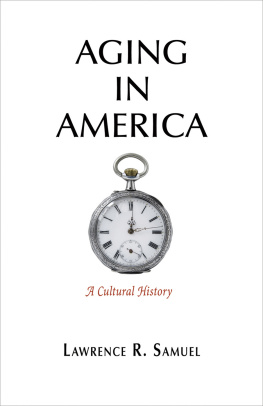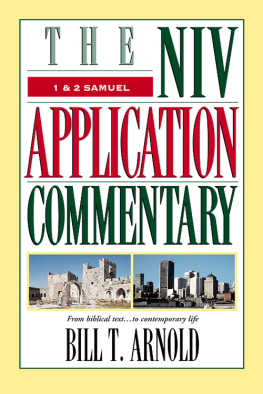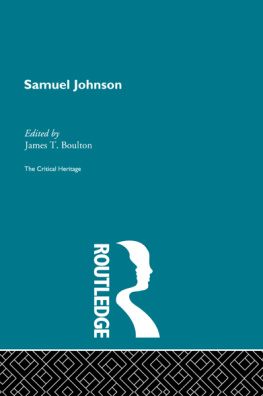Theatres of Memory

Theatres of Memory
Past and Present in
Contemporary Culture

RAPHAEL SAMUEL

This revised paperback edition first published by Verso 2012
Alison Light 2012
First published by Verso 1994
First published in paperback by Verso 1996
Foreword Bill Schwarz 2012
All rights reserved
The moral rights of the authors have been asserted
1 3 5 7 9 10 8 6 4 2
Verso
UK: 6 Meard Street, London W1F 0EG
US: 20 Jay Street, Suite 1010, Brooklyn, NY 11201
www.versobooks.com
Verso is the imprint of New Left Books
eISBN: 978-1-84467-935-5
British Library Cataloguing in Publication Data
A catalogue record for this book is available from the British Library
Library of Congress Cataloging-in-Publication Data
A catalog record for this book is available from the Library of Congress
Typeset in Solidus
Printed and bound in the US by Maple Vail
Contents
Foreword
At Camden Lockthe past has almost caught up with the present. R APHAEL S AMUEL , T HEATRES OF M EMORY
Theatres of Memory, at once labyrinthine and circuitous yet crafted as a self-consciously open text, sets out with determination to reanimate the historical imagination for our own times. In doing so the book is punctuated by periodic broadsides and many hostages are taken, from both the right and the left. The text endeavours to subvert closure, even if it is not quite so open as it seeks to proclaim. It appears to assume a life of its own, impelled by the enthusiasms and diatribes that jump across its pages.
This is a book that works to minimize, at every point, the gap between the author and the printed word and between the printed word and the reader. Page by page the reader is exhorted to participate in the dramas it enacts: the writing dazzles and cajoles, explains and reveals, denounces and condemns, proffering tantalizing glimpses of the authors own self-hood that historians are so often determined to conceal. Its difficult to imagine anyone emerging unscathed from the experience of reading this book, such is the force of its argumentation, the vibrancy of the prose and the passions that drive it. There is an indefatigable quality that serves in equal measure to seduce and to mesmerize. And the tempo is so fast-paced notwithstanding the various repetitions, detours and false trails it is little wonder that, despite the vigilance of the writing, curious paradoxes lurk in its undergrowth.
Raphael Samuel devoted Promethean energies to revitalizing the practice of history and, as is evident from Theatres of Memory, he represented something akin to a permanent revolution in the field: whenever he sensed an orthodoxy settling, or when he believed that professional norms prevailed, he felt compelled to set in train a counteroffensive, commanding the resources, not of the big battalions, but of the guerrilla.
Its thus entirely appropriate that the project is launched with a sustained critique of the conventional production of historical knowledge. The starting point of Theatres of Memoryis that history is not the prerogative of the historian, nor even, as postmodernism contends, a historians invention. The argument is thereafter powerfully mobilized, deriving from an acute appreciation of the social relations that underwrite the constitution of historical knowledge.
To suppose that history is the product only of the socially accredited elites who write the academic articles and monographs, who compose the reviews and who are installed in the university departments and research institutes, is to ignore the greater mass who labour to make the past known: the ranks of librarians, archivists and schoolteachers, and the sizeable if shifting and relatively inchoate gatherings of amateurs. Its a book about history in which historians, or the fortunate amongst them, feature only in walk-on roles, as subaltern spear-carriers for those who make history, as an imaginative enterprise, happen.
Samuel believed it necessary to understand the forms of knowledge which this social division of intellectual labour generates. Professional history, in this schema, is exactly that a discipline, a species of intellectual life bequeathed by the forces of modernity. In its own particular way, it is an embodiment of social and epistemological authority. Samuel contends, however, that history, more broadly conceived, is a discursive field riven by antagonism. In addition, he argues, the intellectual procedures of what passes as history, tout court, create a way of knowing that is predisposed to the occult and is driven as much by professional interests as by an open, overriding spirit of inquiry. In laying bare the contradictory forces that underwrite the modern practice of history the author reveals a paradox. Samuel himself was drawn to the lure of the occult. The footnote, for example, that defining sign of professional mastery of the discipline, was also for him as for many of us a technique to be cherished, a means by which secondary, subtextual sorties on many fronts, could be conducted. Yet this ambivalence on his part only attests further to the essentially contradictory forms of historical knowledge that imprint themselves deep in our own collective mentalities.
In an elegant, radical rendition, Theatres of Memory reverses the protocols of mainstream historiography and implores us to consider the degree of artifice that allows historical narrative to work, even as it masquerades as supremely Rankean. In the introduction, in a rare engagement with Freud, Samuel delivers the provocation that the discipline of history subjects itself to all manner of repression such that it functions as a screen memory, displacing what is significant and divesting itself of all that is dynamic. The finished product of the academic historical imagination, even as it is polished and with all potential loose ends cut and tied, resembles nothing more than Freuds dream-thoughts, the chaos of the lived condensed and displaced into a unitary narrative of explanation.
Whatever claims may be made on its behalf, historical narrative indulges in all manner of make-believe, and is given to a genteel dressing up. Even when truest to its own protocols it nonetheless is vulnerable to the interception of meaning (pp. 4345). Turning inside-out the entire tradition of modern historiography, Samuel avers that it is not history that can grasp all that is most distinctively human about the social world but its putatively disreputable counterparts: memory and those modes of thought which stay close to the lived relations of the everyday.
He presents these framing arguments with verve. Looking back across the interval of time since the manuscript was drafted his position has now, perhaps, become more readily accepted in the common currency of intellectual debate. History is inescapably subject to the imperatives of narrativization, for good and ill. Yet Samuel signals a recognition of the complex conceptual and ethical dilemmas that necessarily accompany the commitment to producing public stories and that seek to uncover the connections between the past and the present.
As readers of Theatres of Memory will know, or will discover if they come to it for the first time, Samuel is less preoccupied with the procedures of mainstream or professional history. Rather he is engaged by the unofficial knowledges that give form to the popular articulations of the past and the present. And this is precisely where the memory of the title operates most forcefully.


